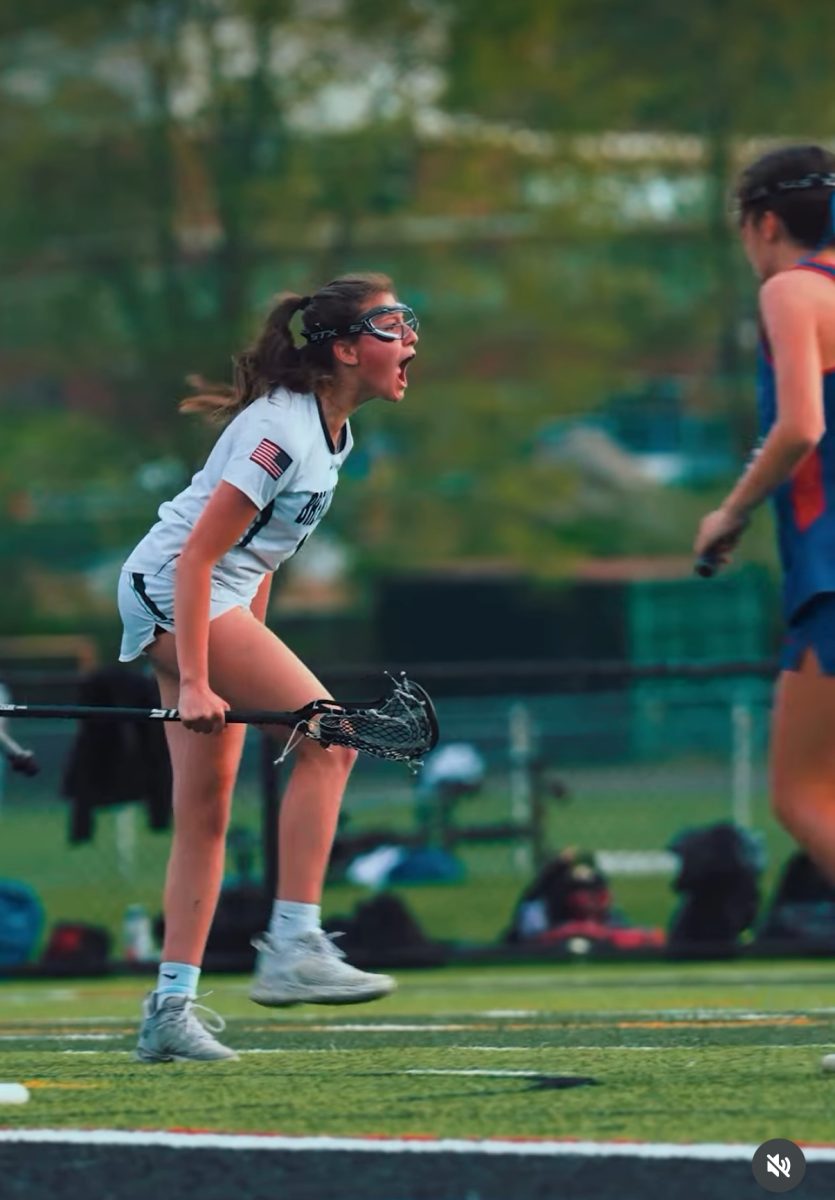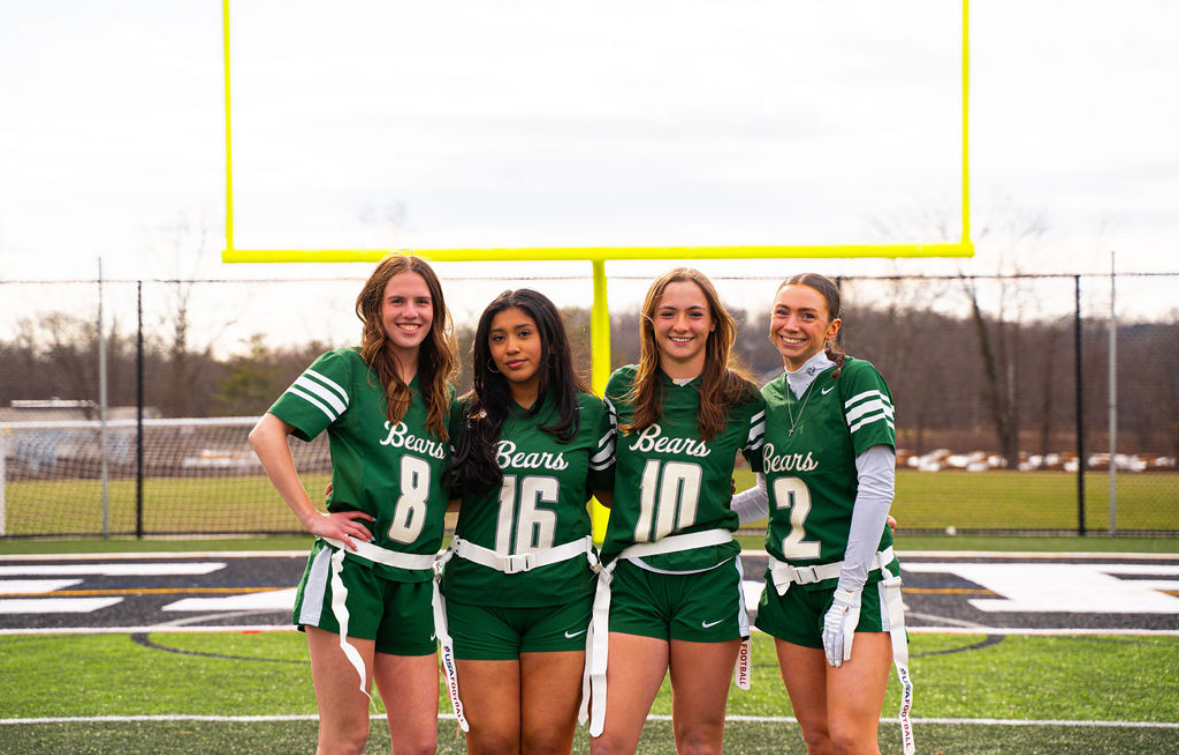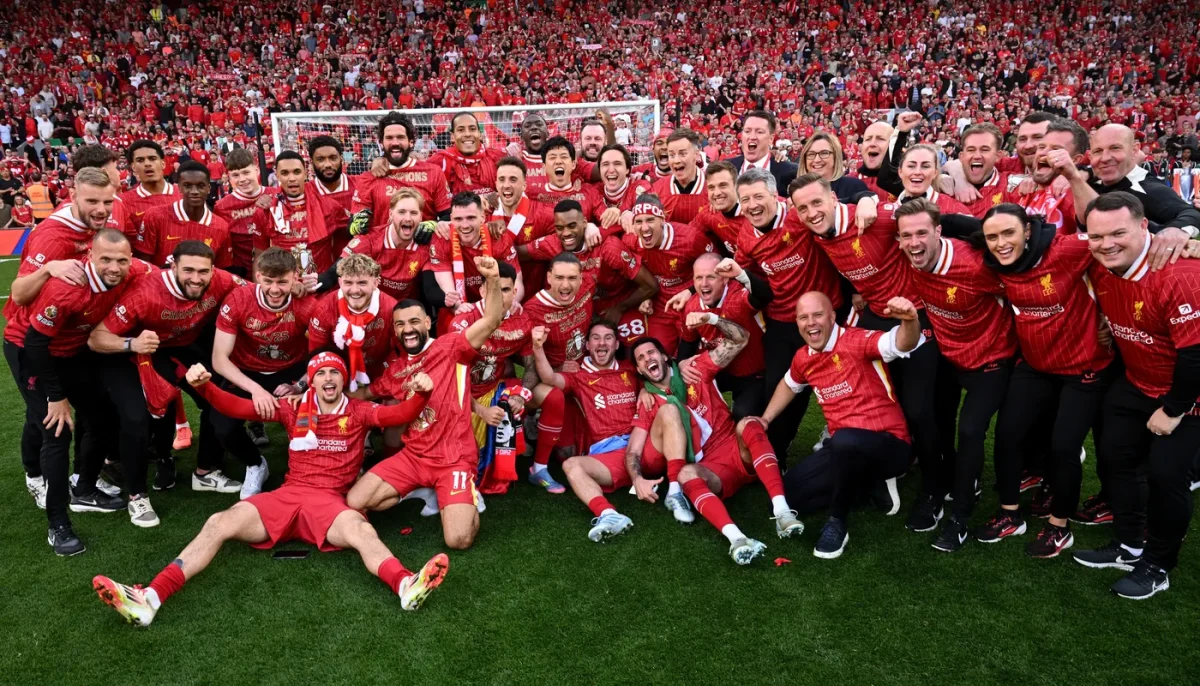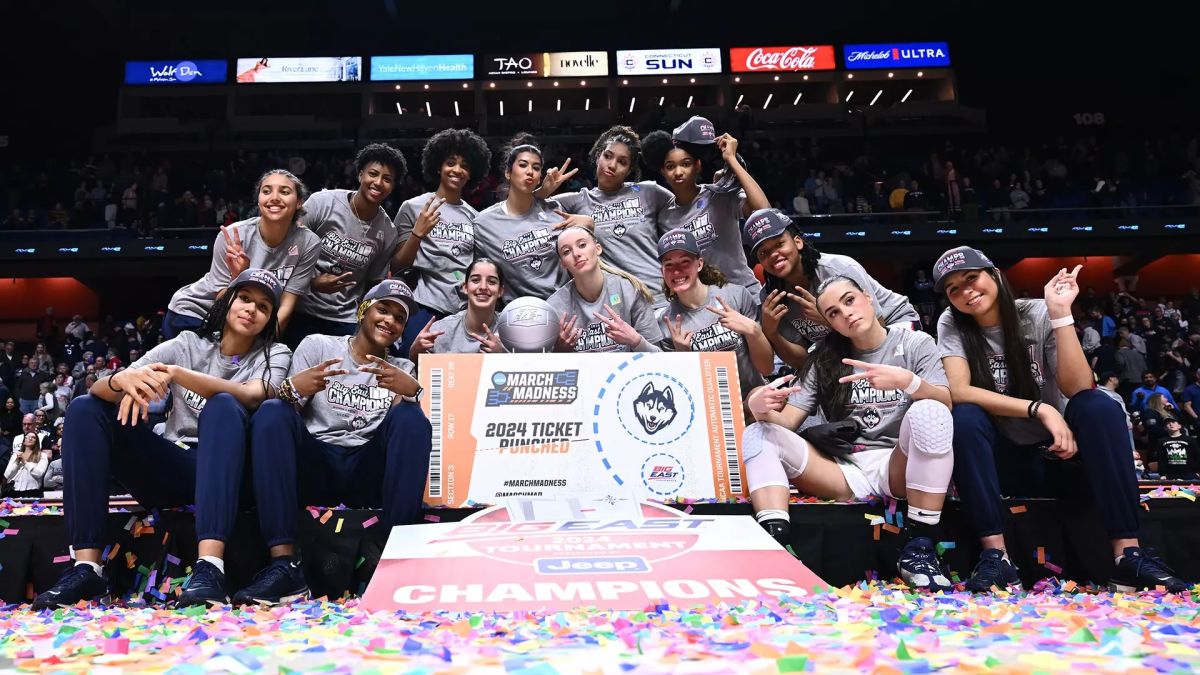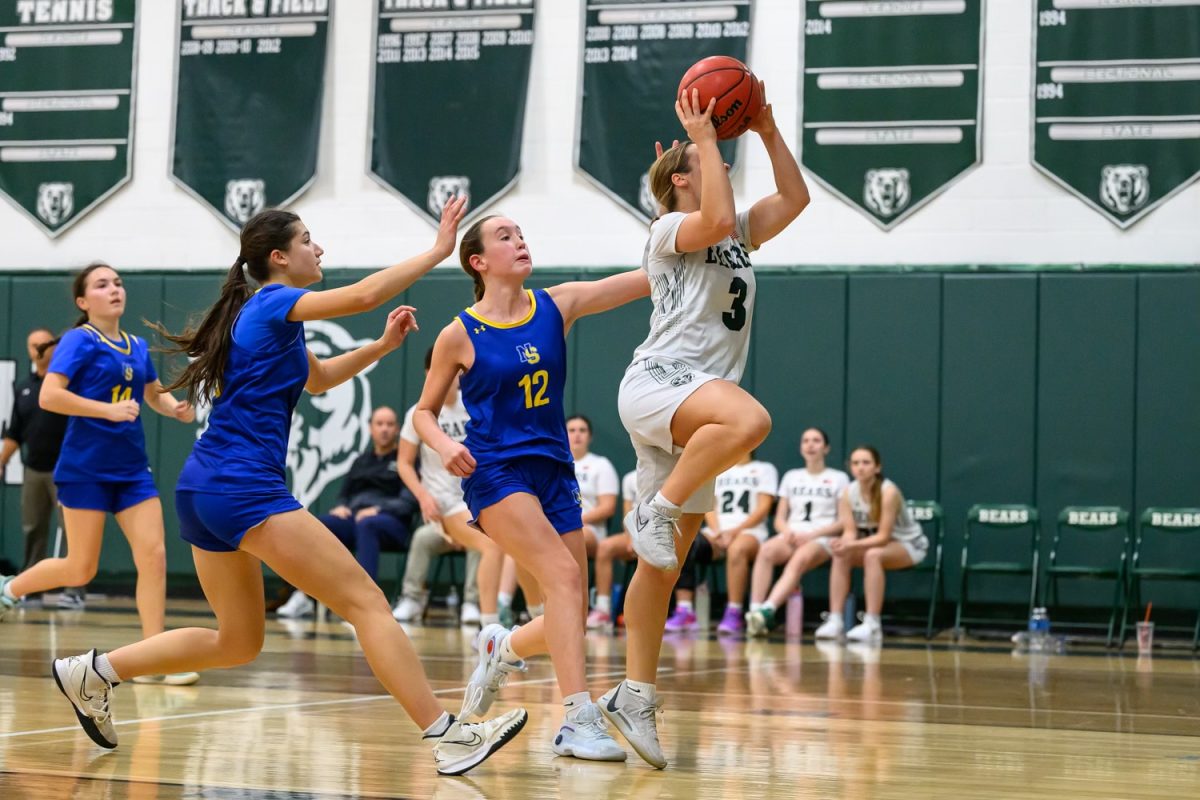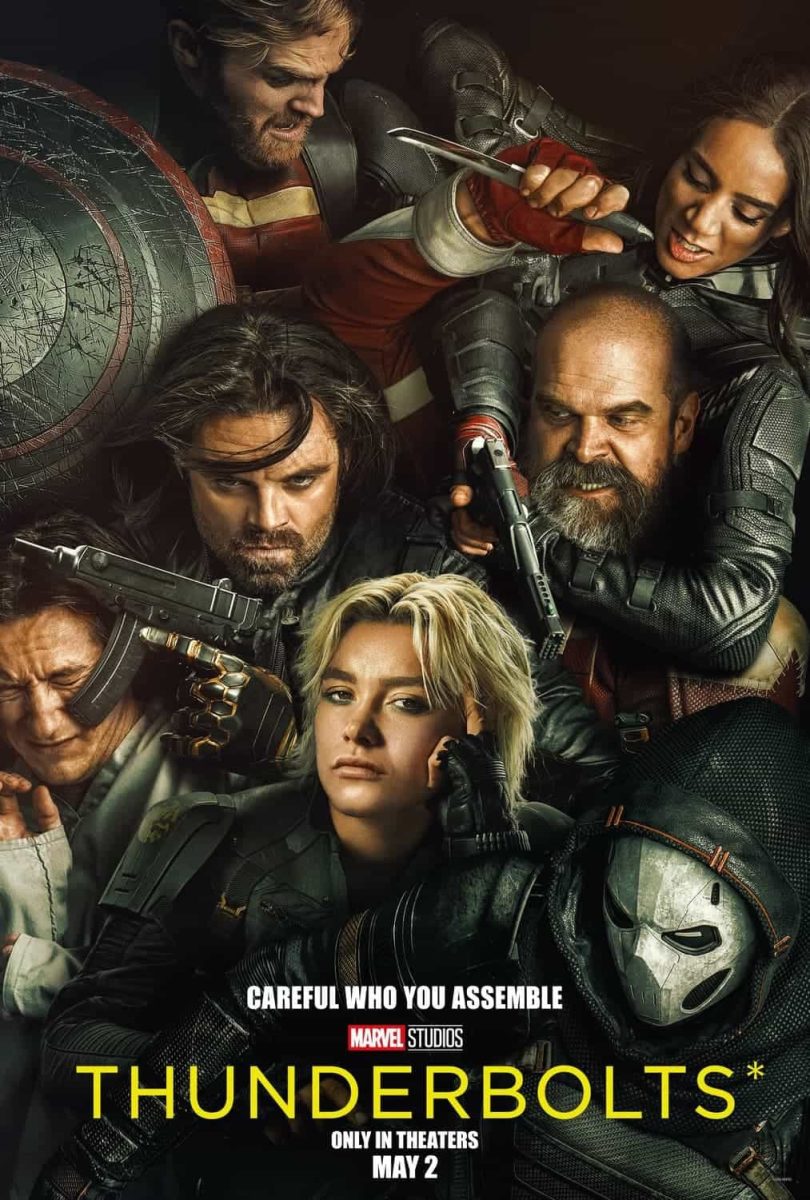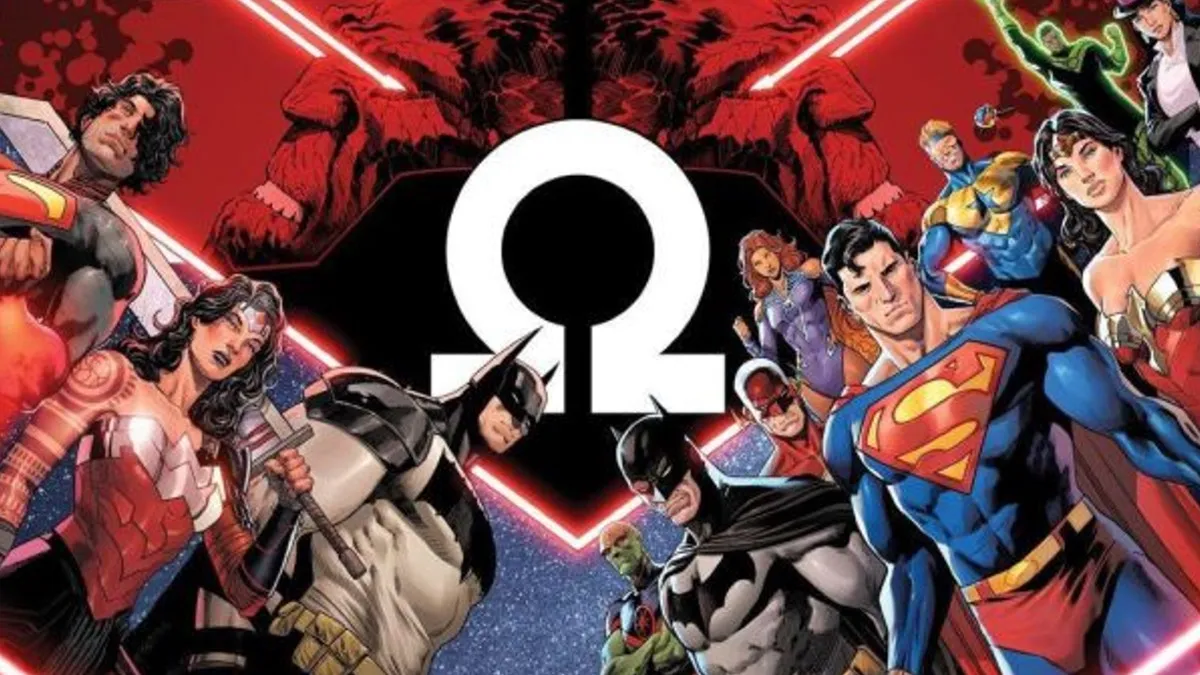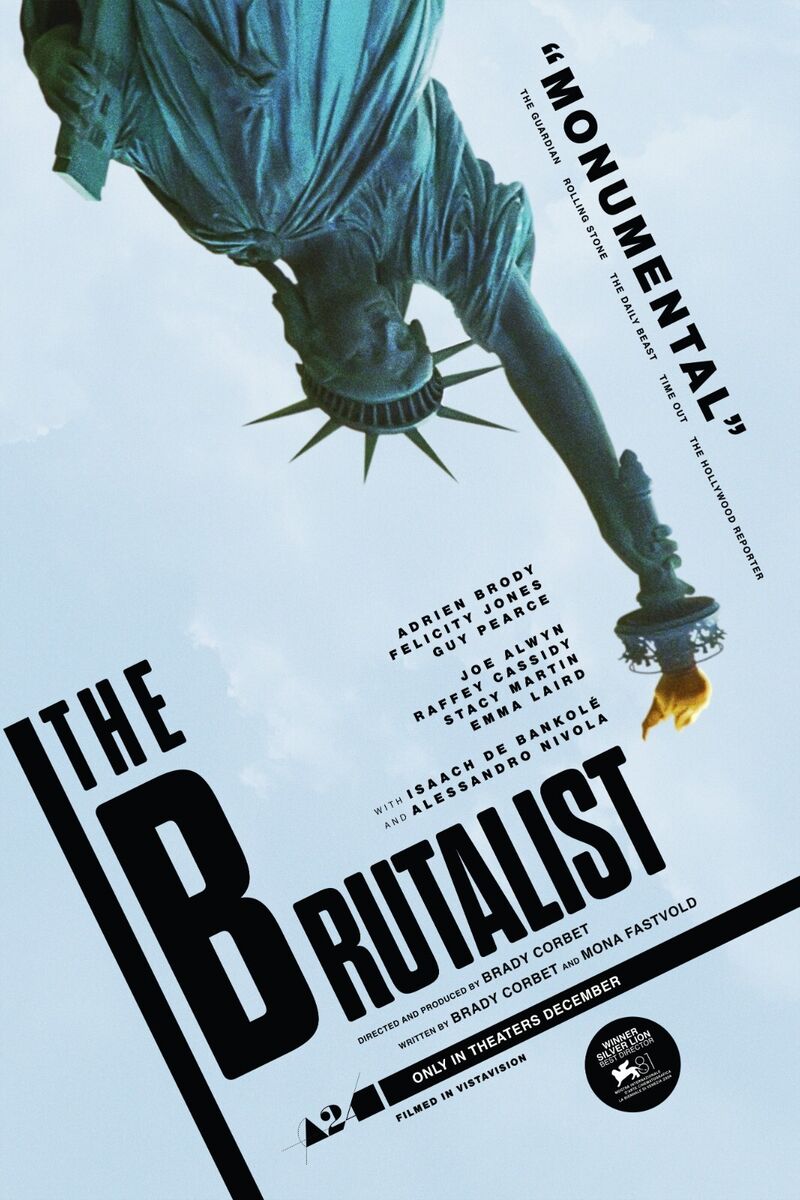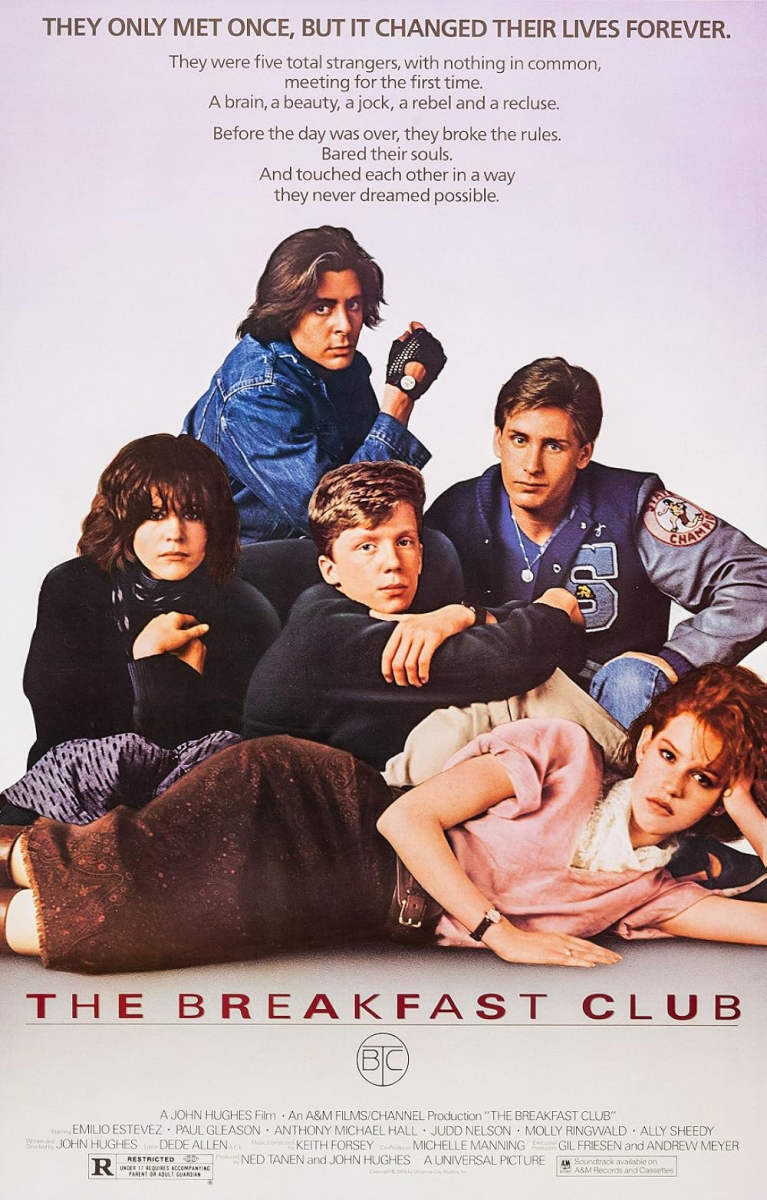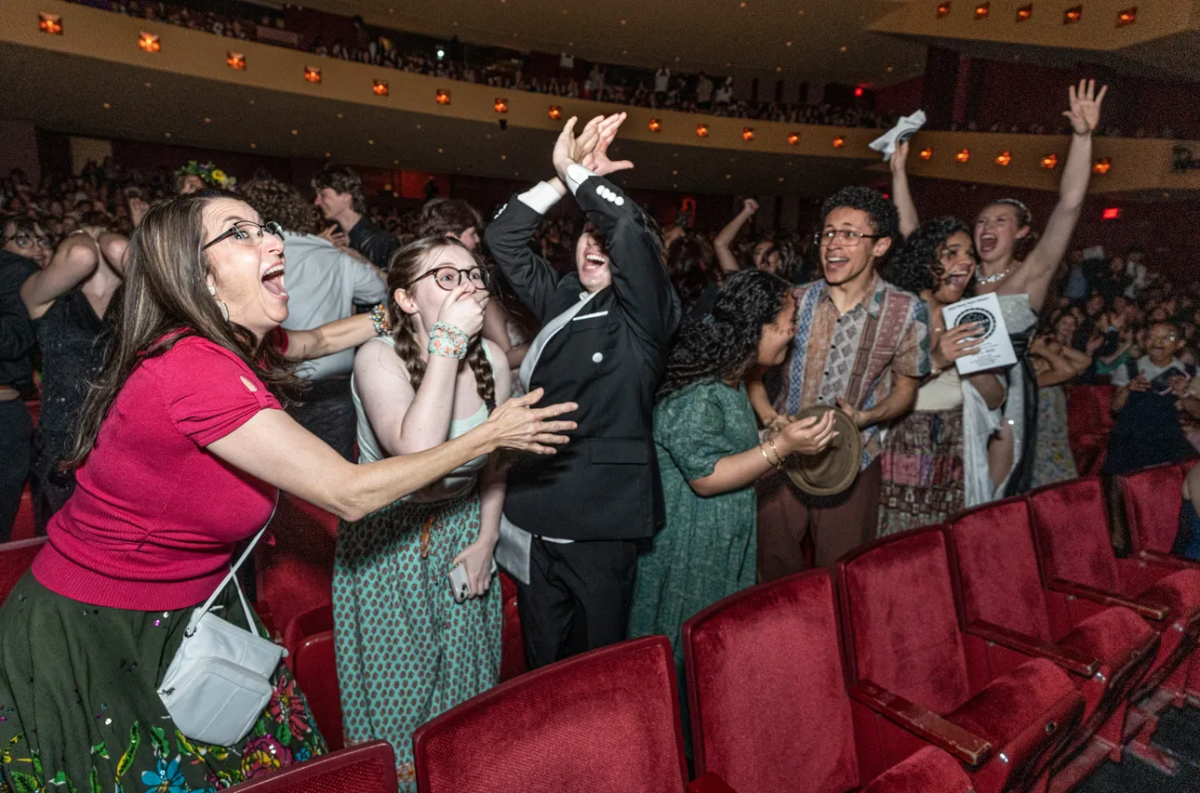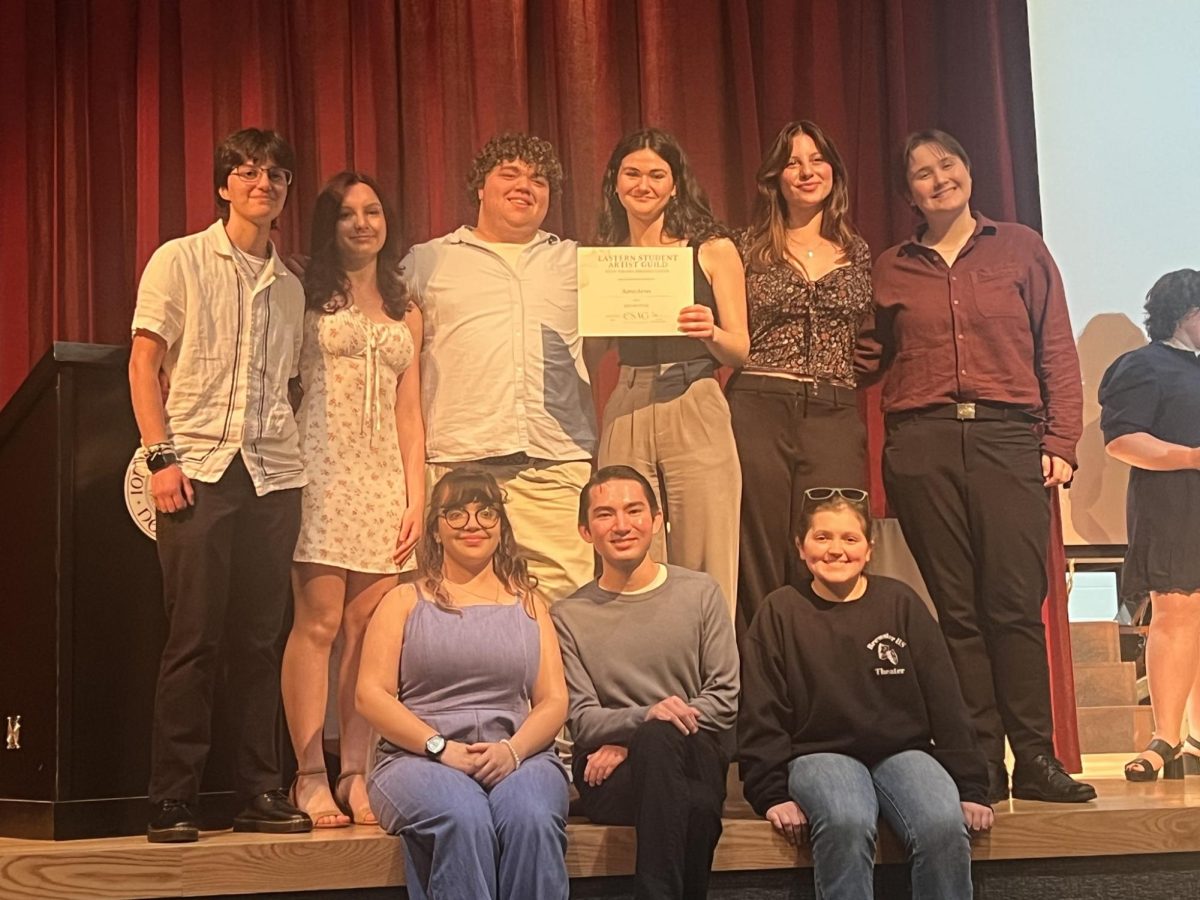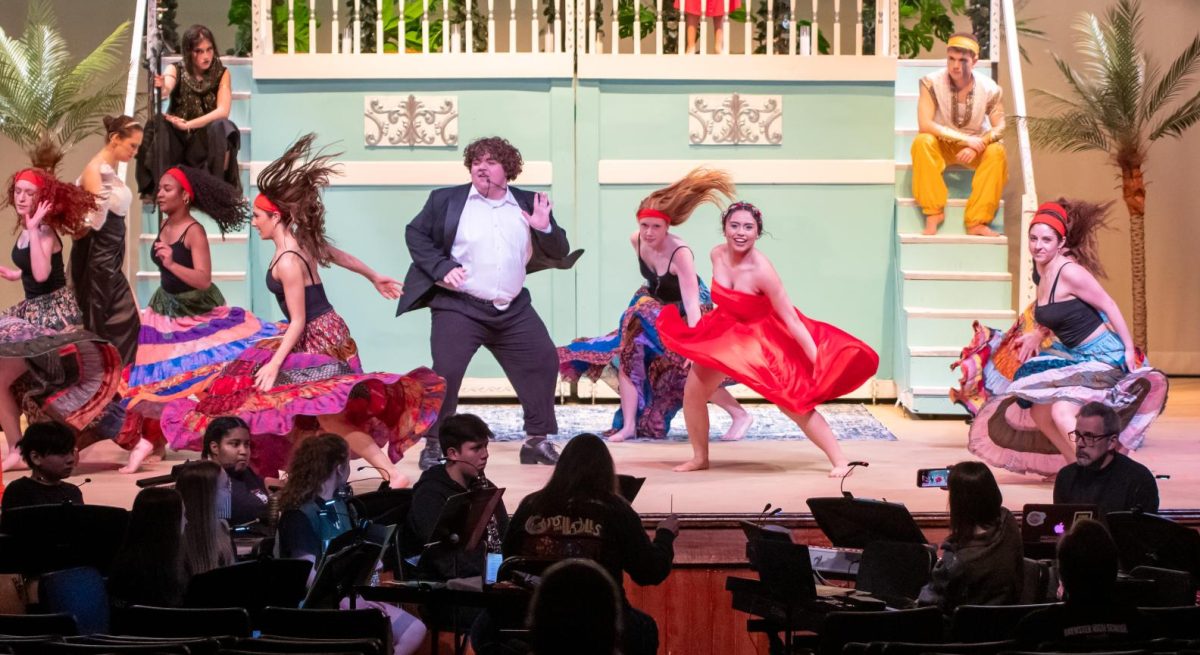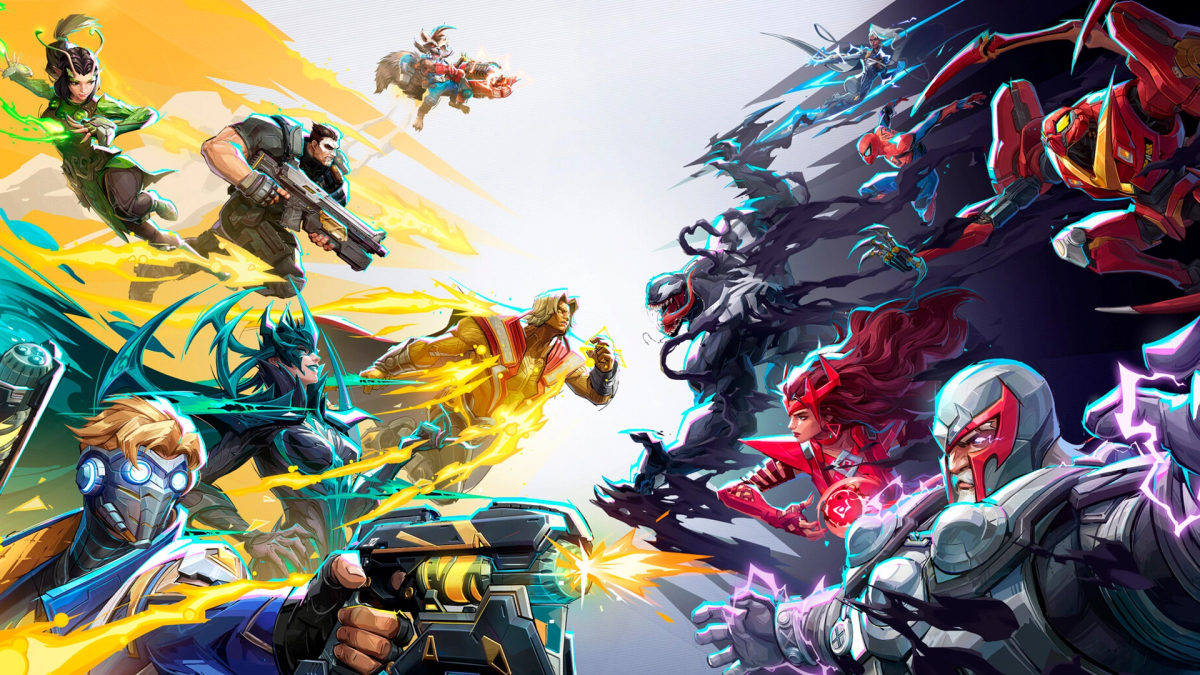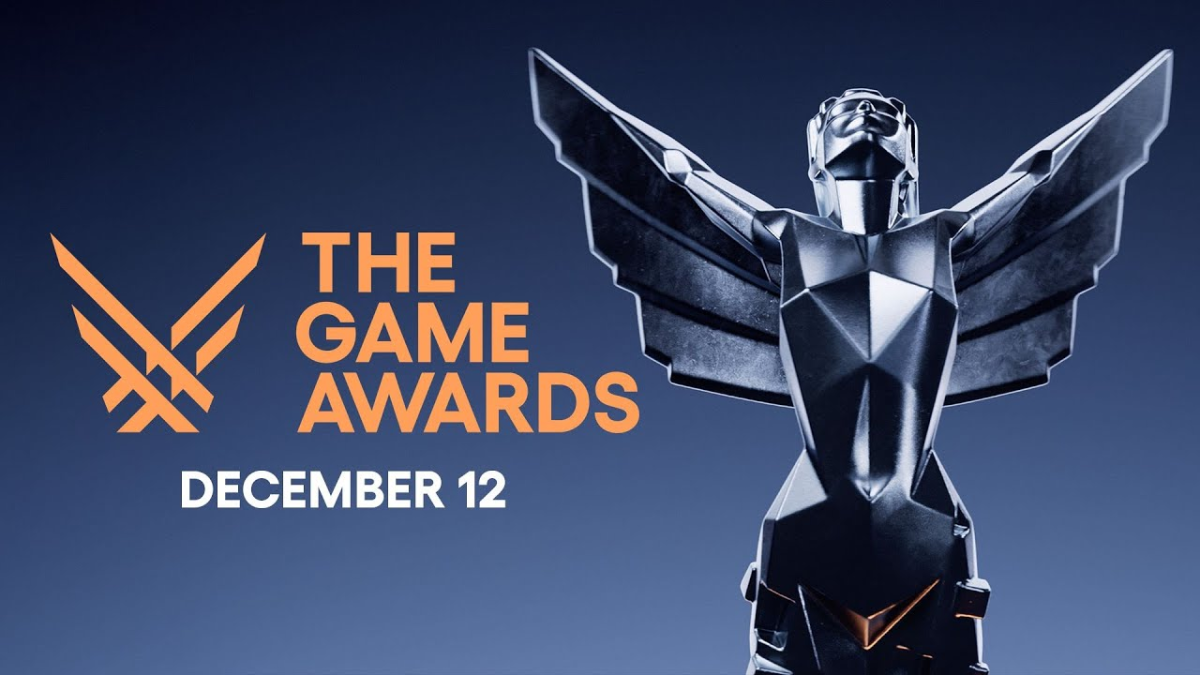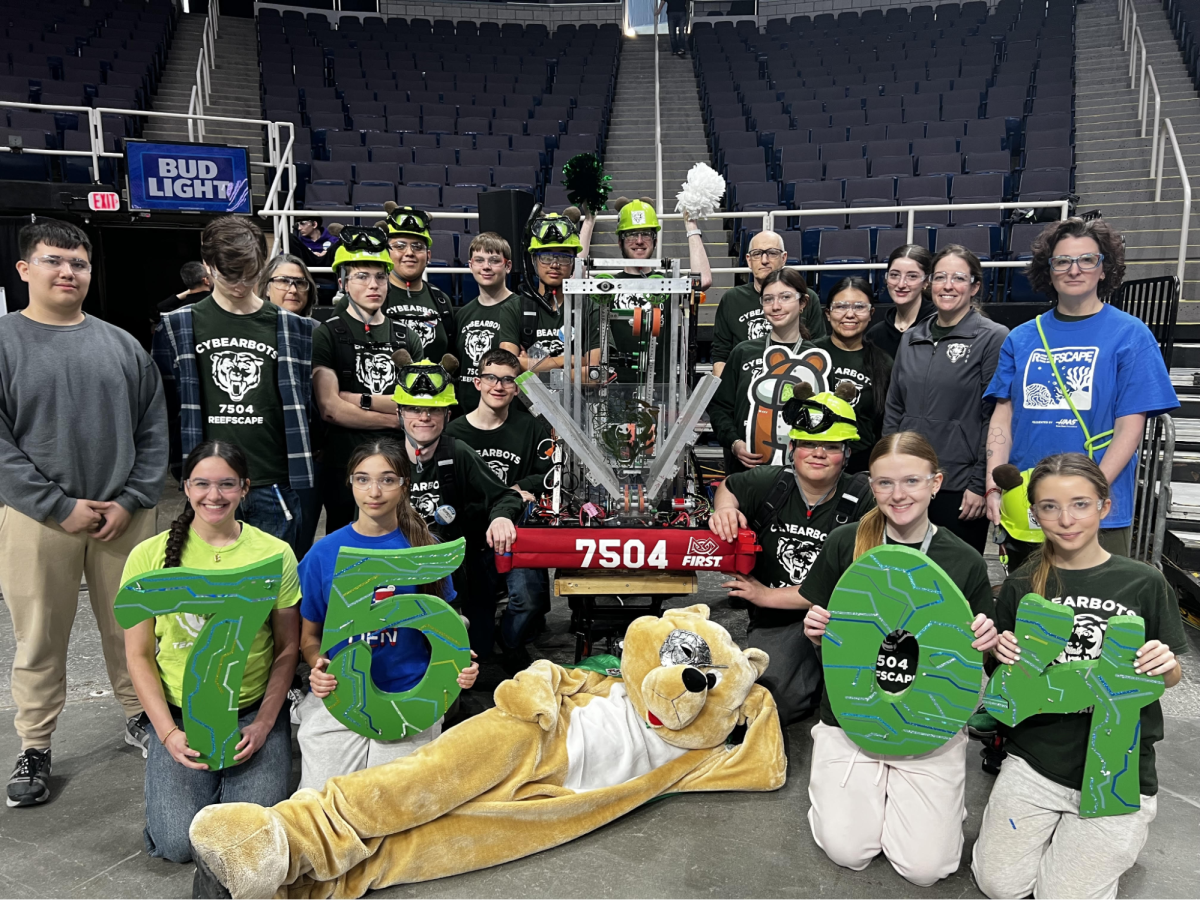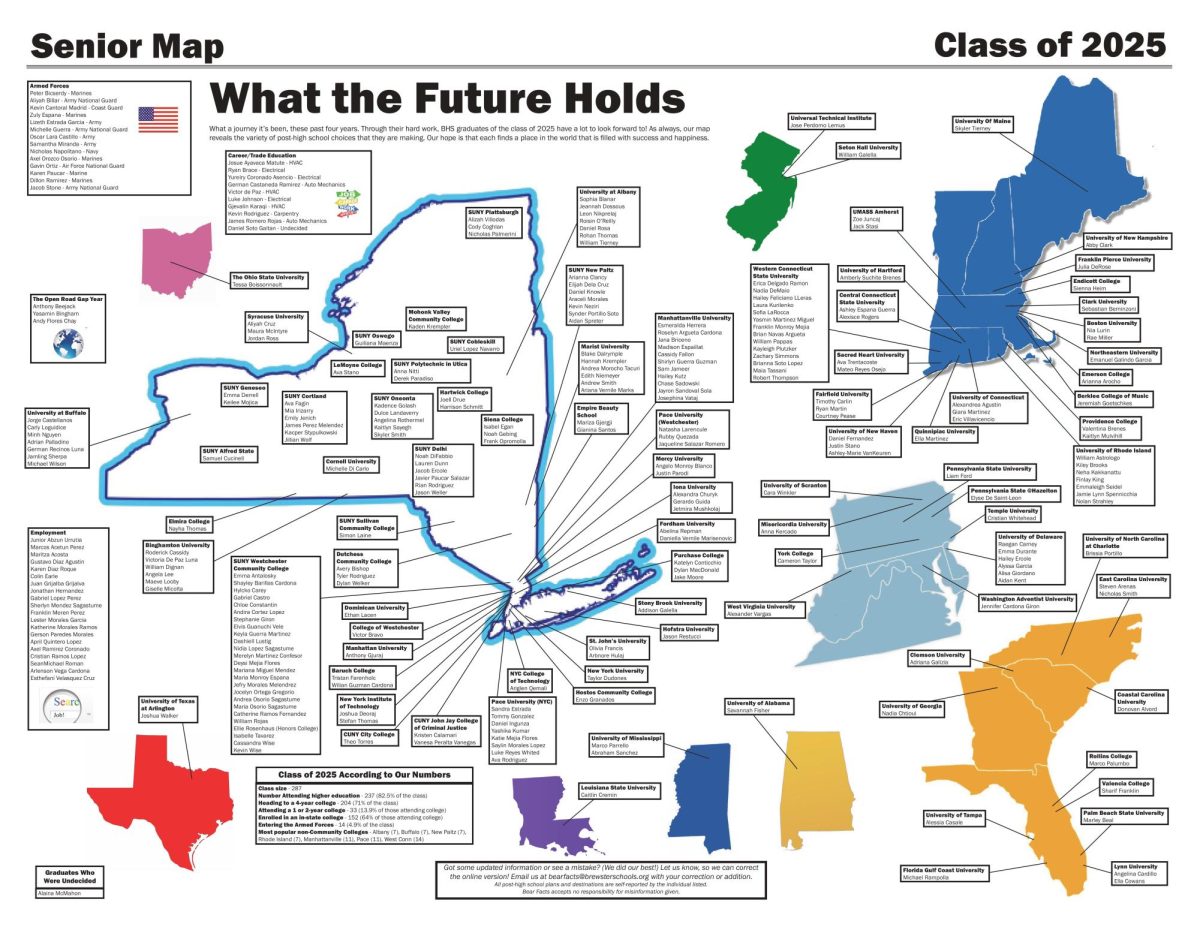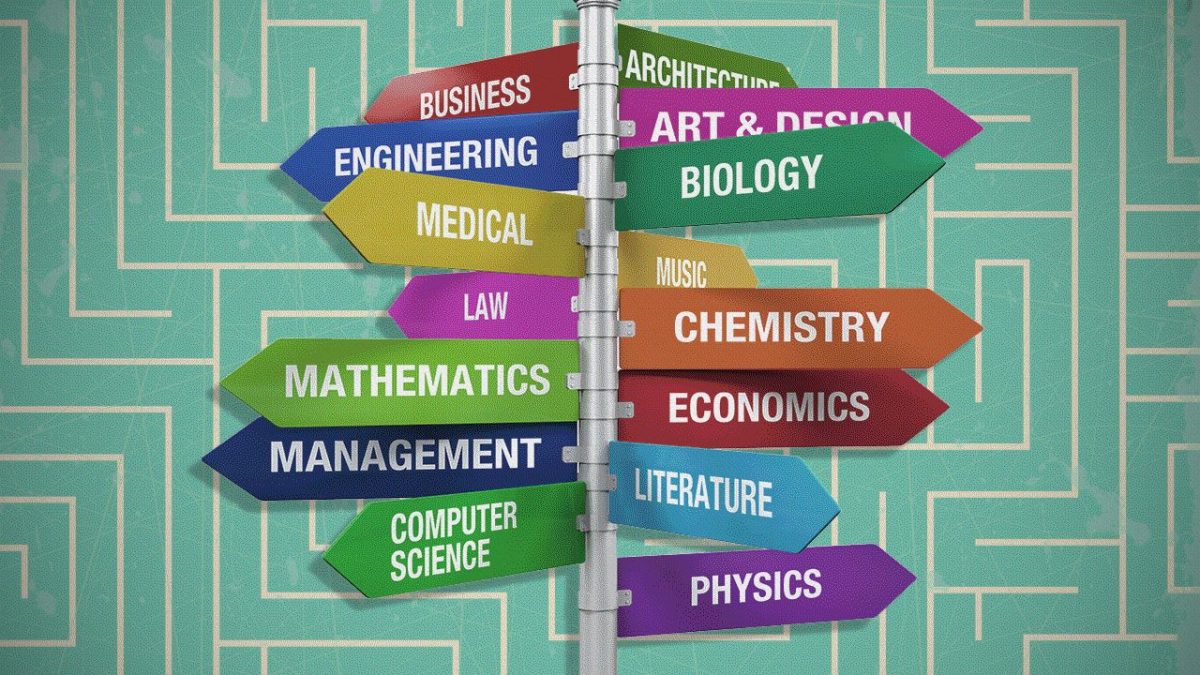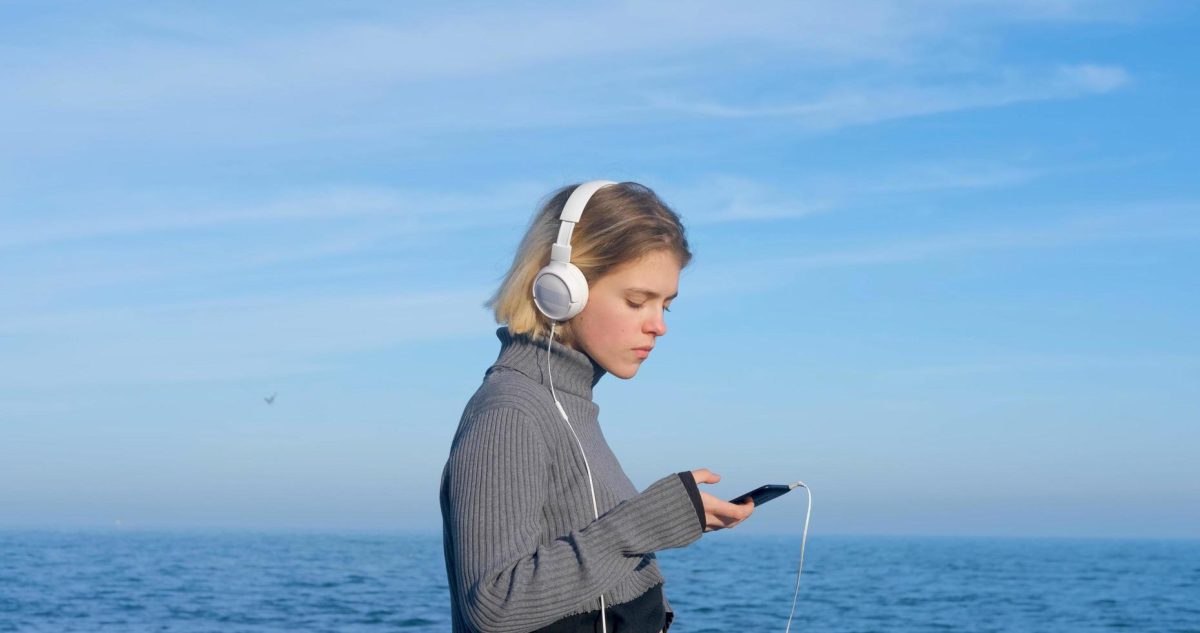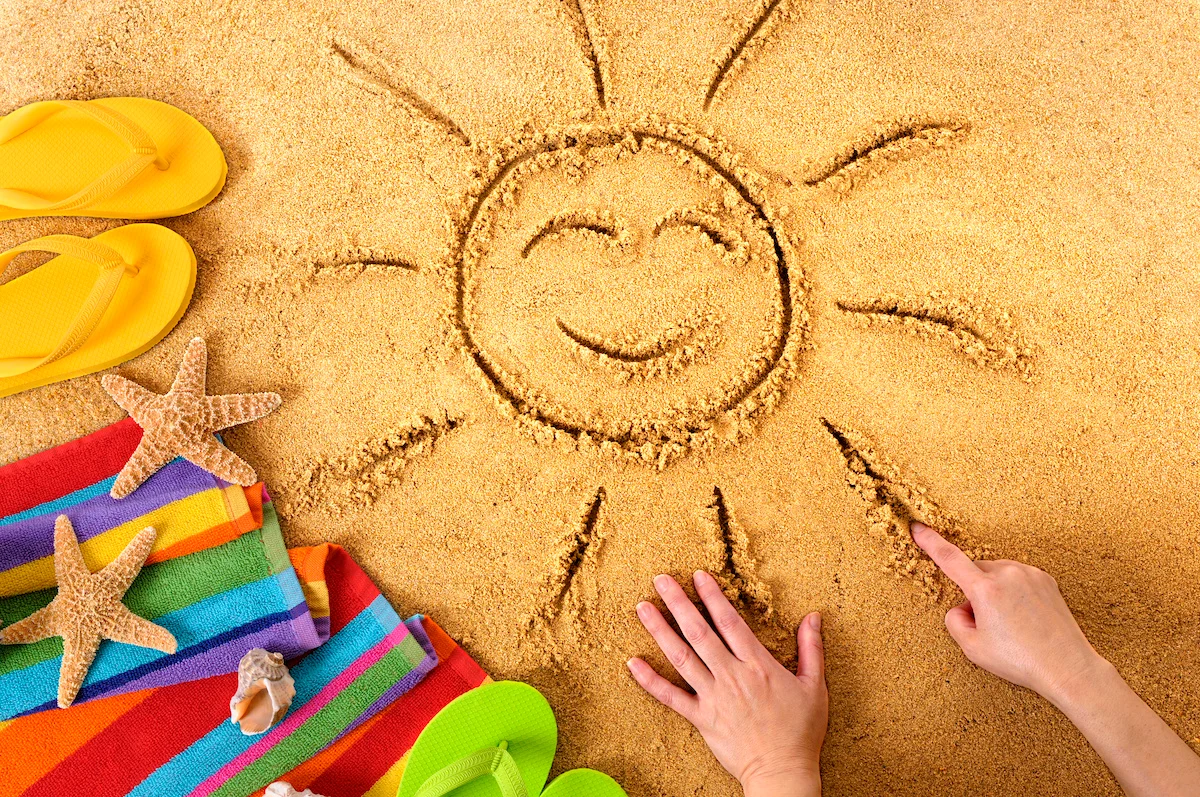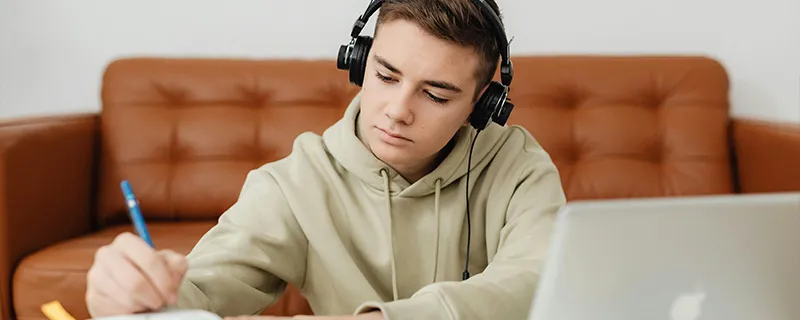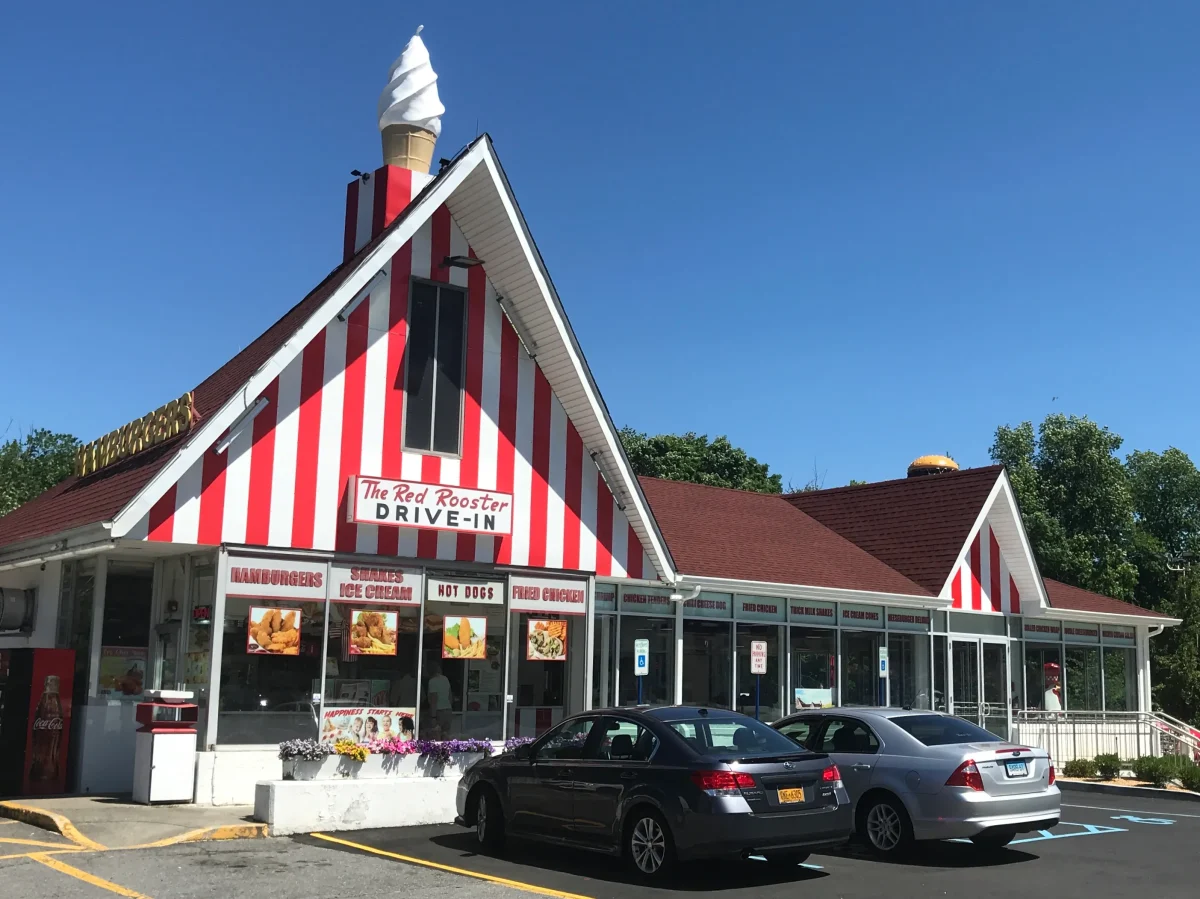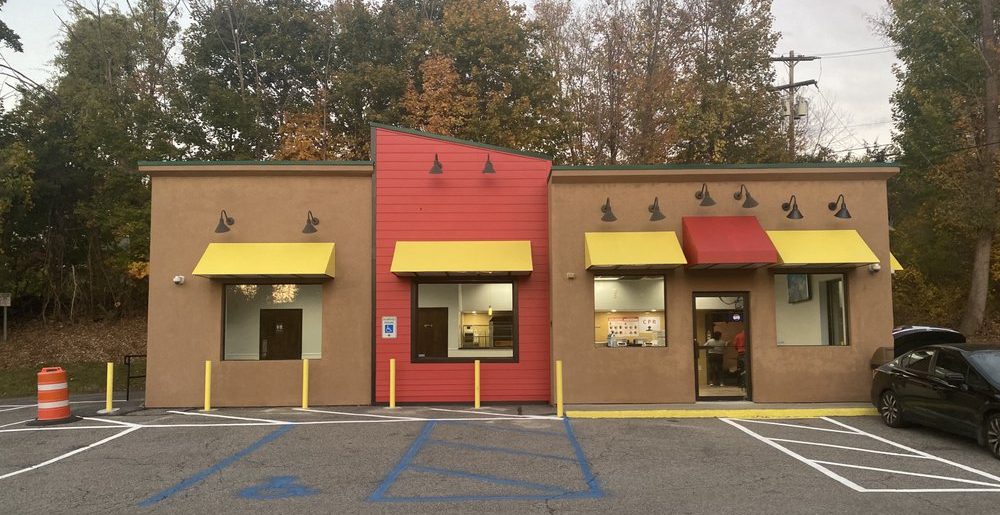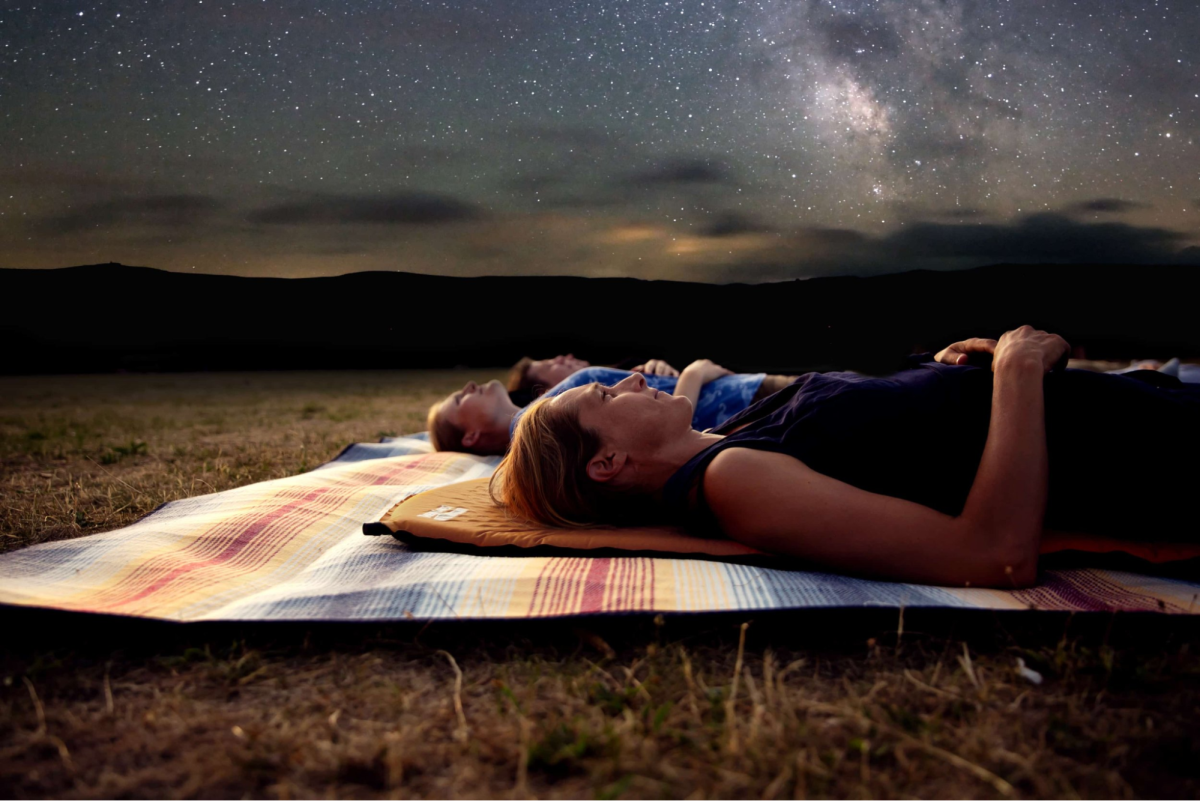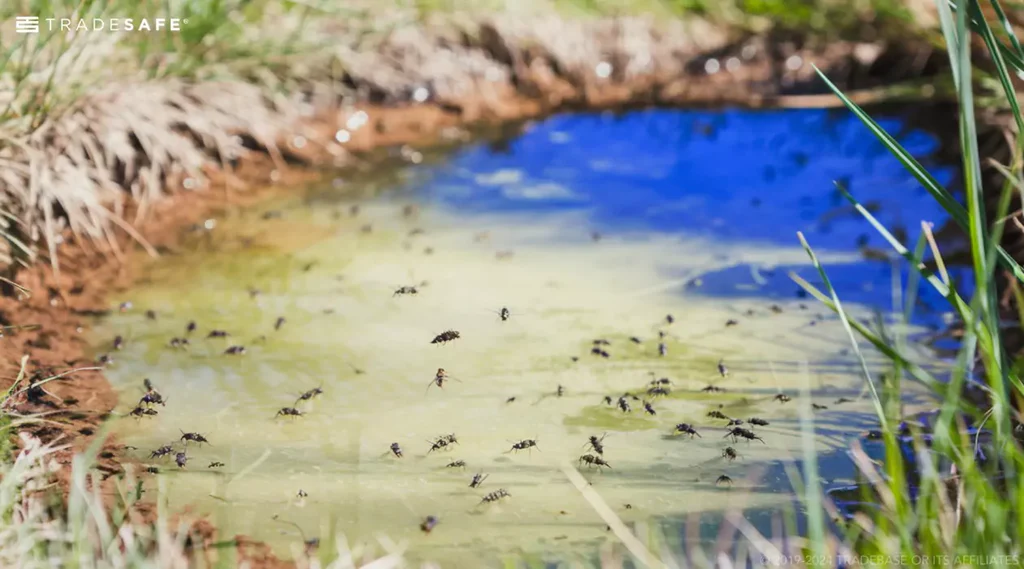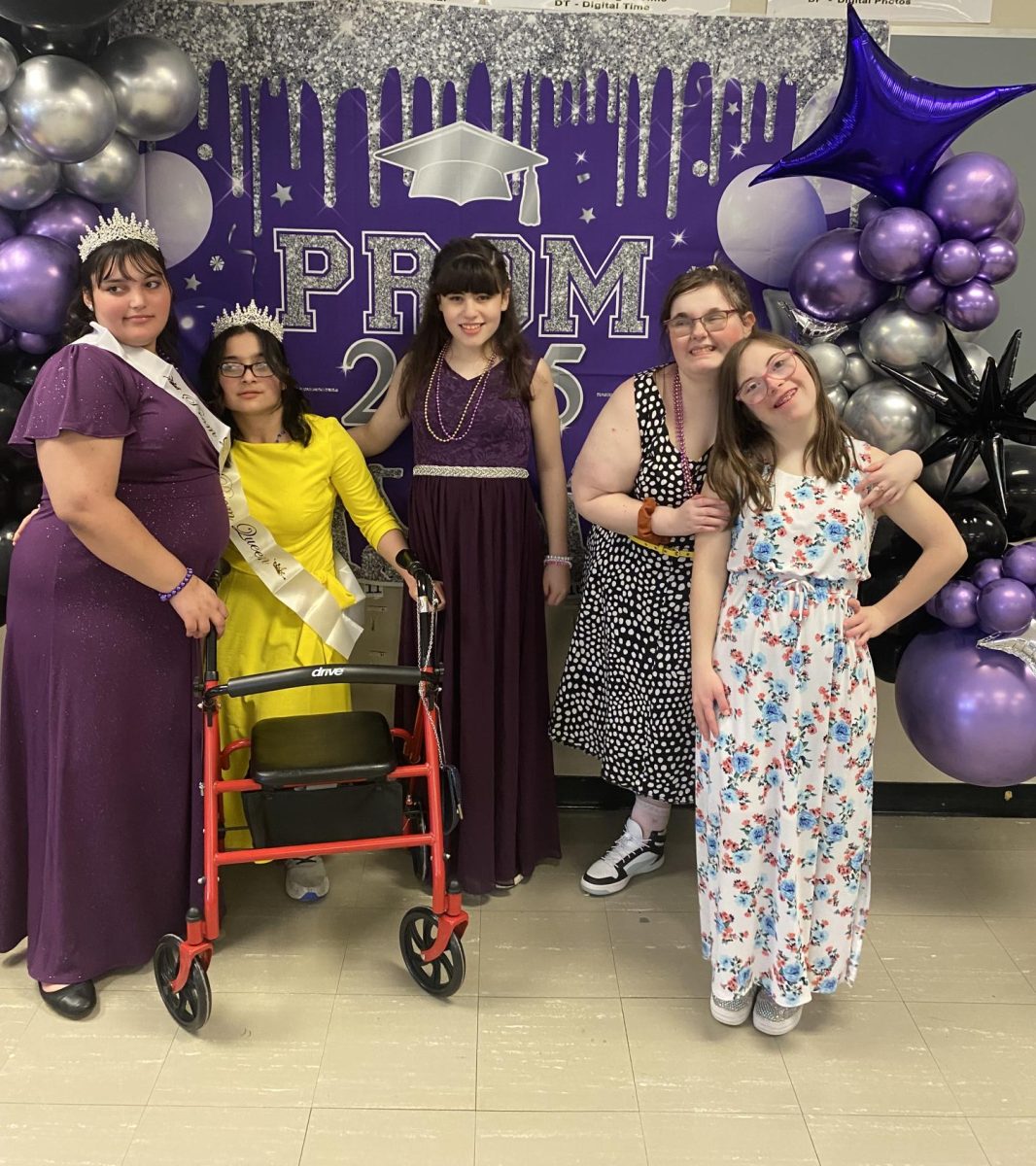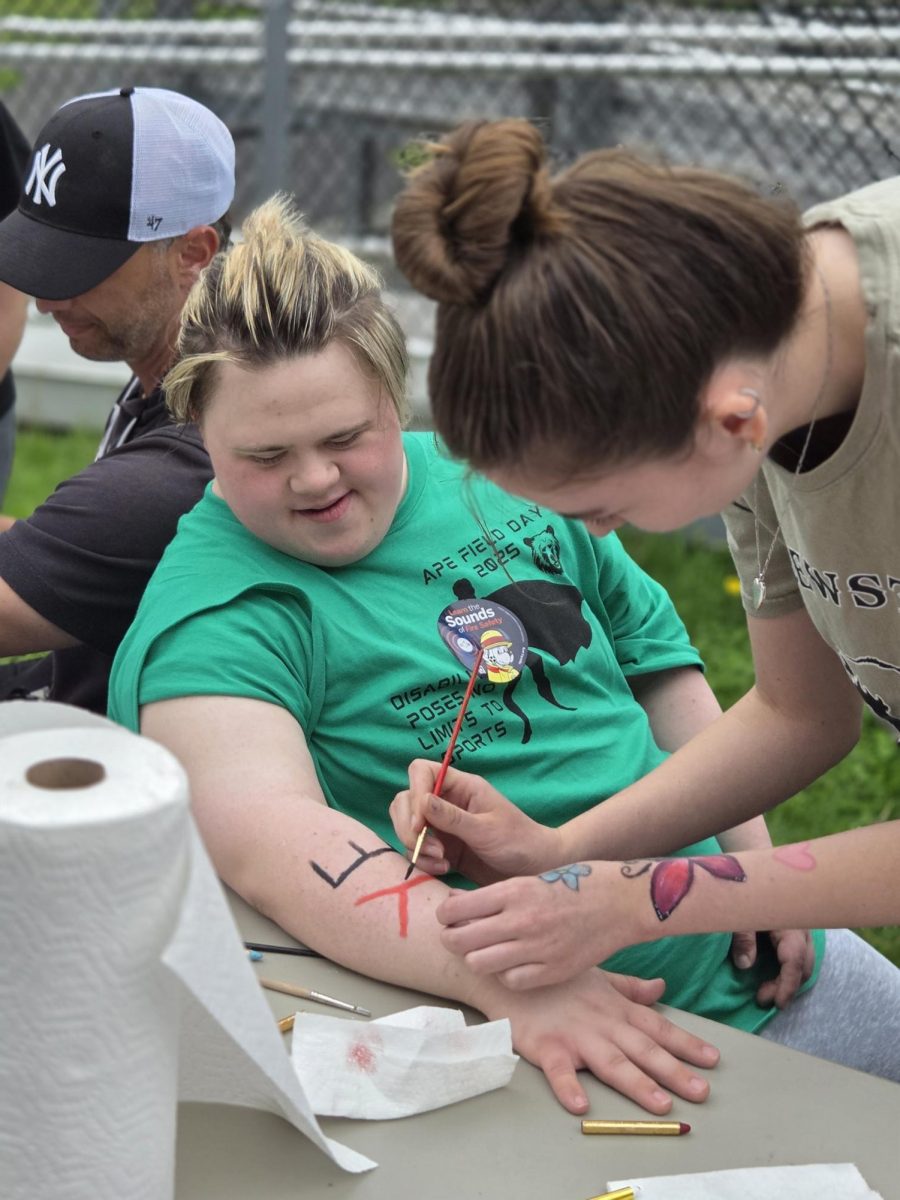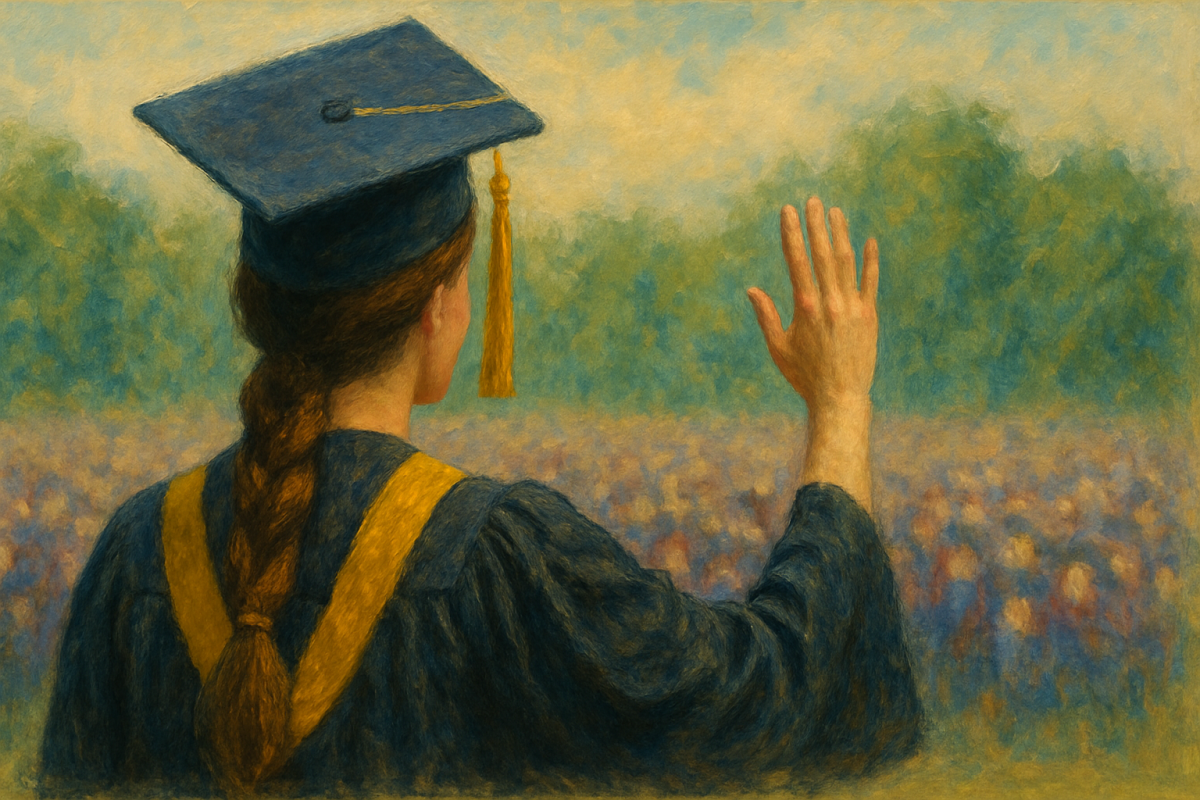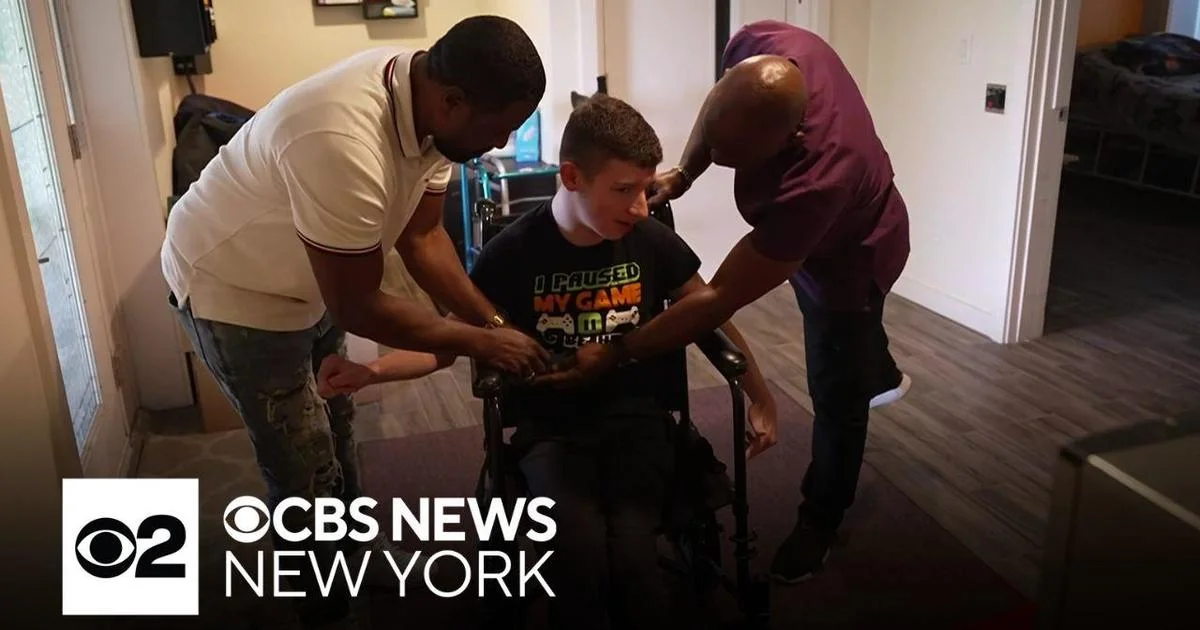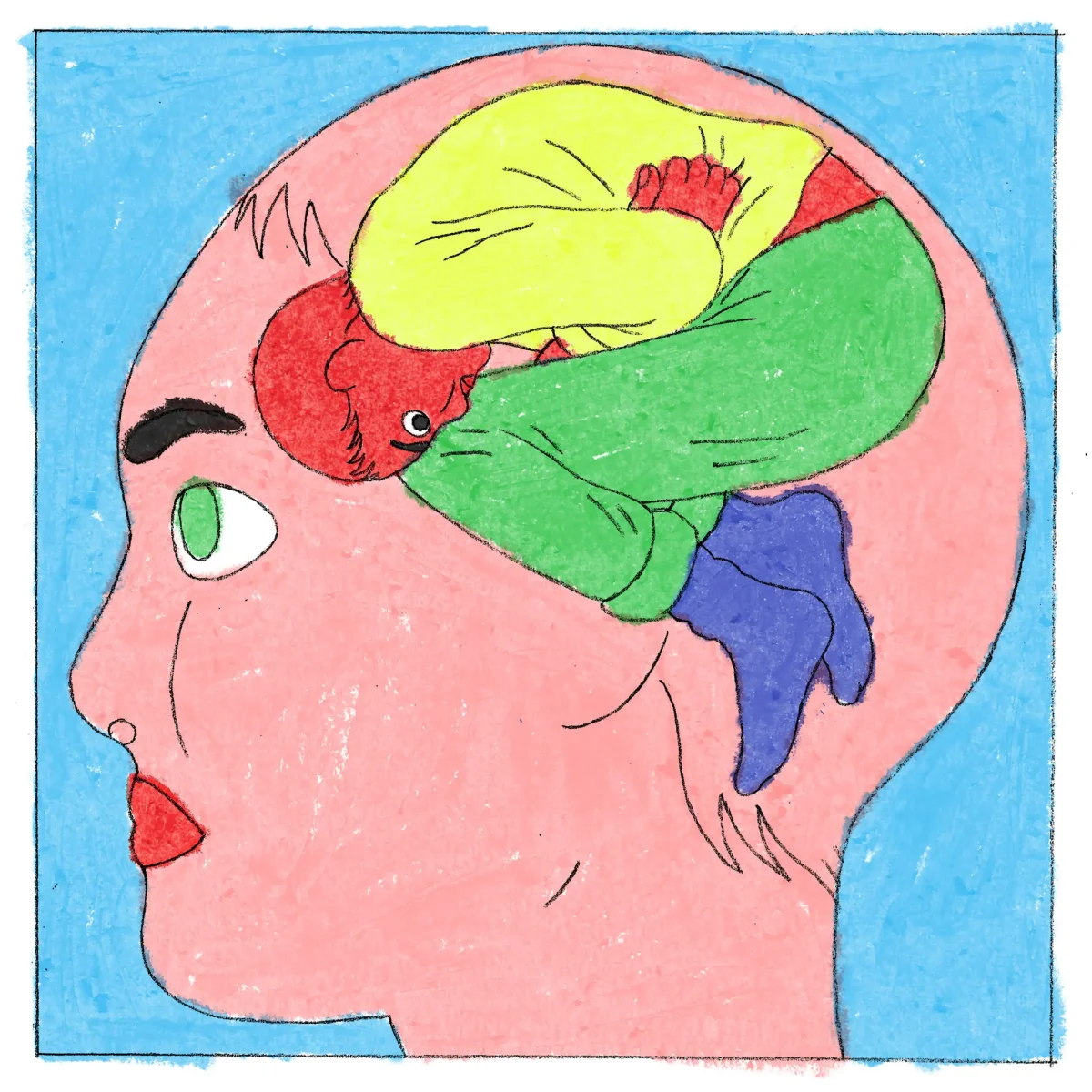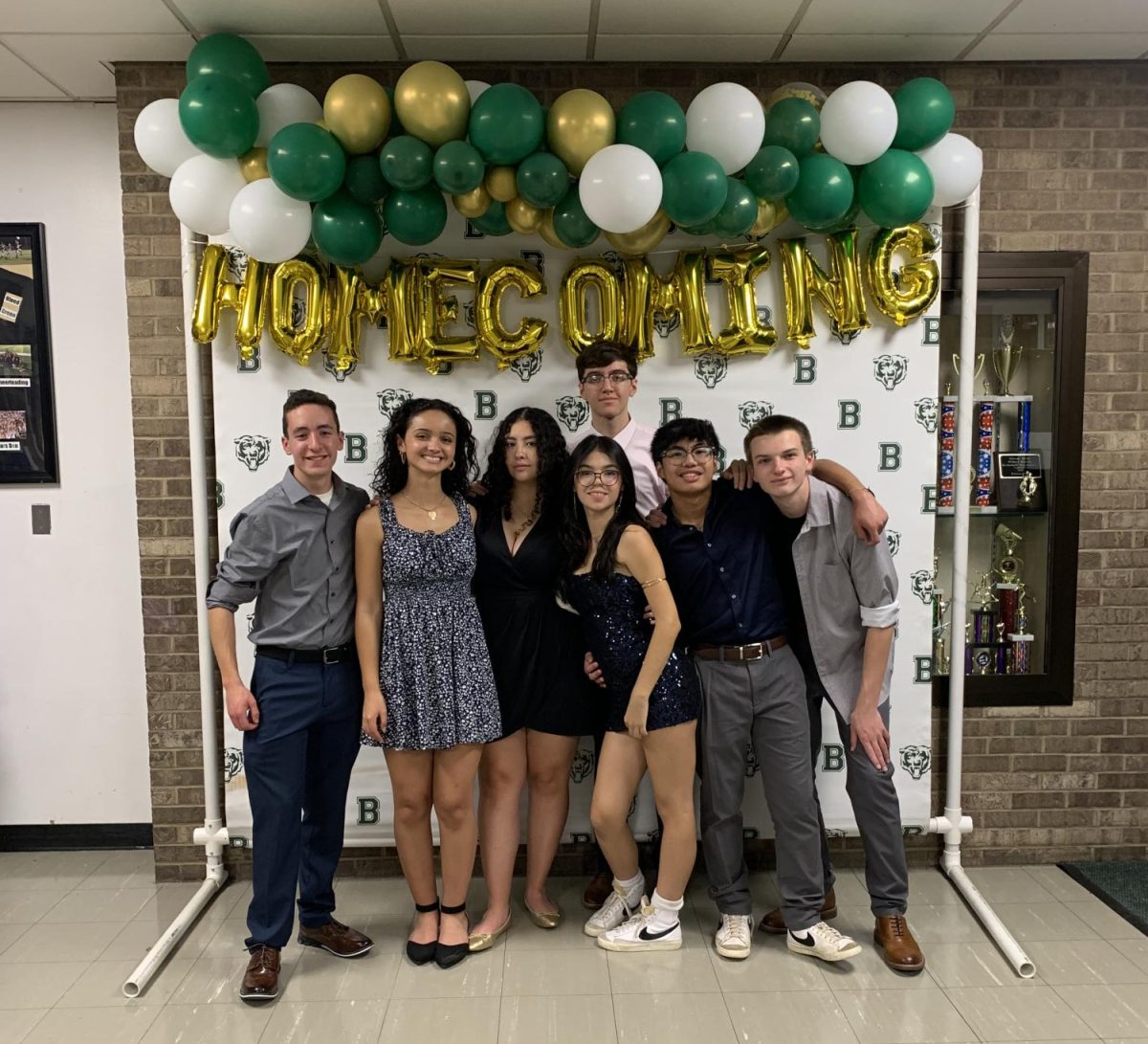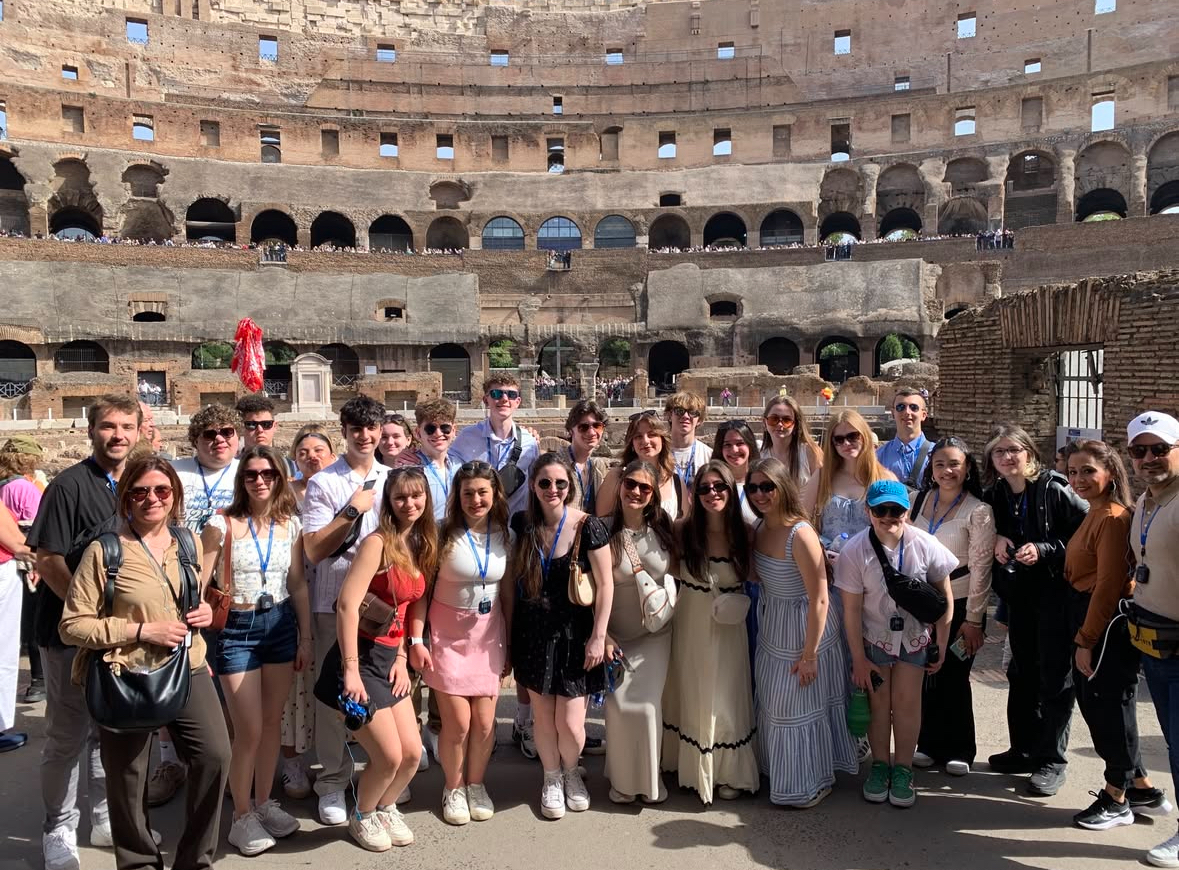Field Trips: Relics of the Past or Future Realities?
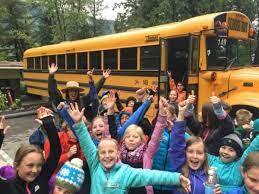
February 17, 2022
With requests in from various clubs, the district is cautiously optimistic.
The plan was to wear suit jackets. Some did, some didn’t. Some showed up in blazers and tuxedos. Some arrived in windbreakers or plain hoodies. But as the six Model United Nations officers strutted into the Board of Education meeting ten minutes late, there was one thing worn by everyone: club t-shirts. It was a minor detail that would likely go unnoticed by the officials of the meeting, but it was a statement of connection. That statement was vocalized when co-Director of Operations Owen Lennon stepped to the podium: “The district still allows various sports teams to travel and participate in games,” he proclaimed. “The rules regarding the pandemic are barely enforced when it comes to extracurriculars and sports – except, it seems, when it comes to our overnight trips.”
One of the most defining experiences of high school is field trips. From calculating at Six Flags to debating in Washington, D.C. and marching in New York City to playing instruments in Disney World, field trips have strengthened friendships and created priceless memories which last a lifetime, and they are something only this year’s graduating seniors have experienced.
The pandemic changed everything. In March of 2020, as school suddenly became a digital affair and travel bans all around the globe were enforced, any future possibility of field trips died brutally. And with splendid timing, too: the marching band had just returned from a successful trip to Florida the year prior and was about to make their first deposit for an upcoming trip to Rome. Needless to say, many band kids were disappointed – along with anyone else hoping to travel within the following two years.
The high school experience has remained largely dull and stagnant since. It’s been only recently that things have been looking up, as sports teams like track and field have been able to travel to places such as New York City and Rhode Island for competitions. But for non-athletes, traveling with friends to exciting places still only remains a product of wishful thinking.
However, there is renewed hope. On January 18th, a band of Model U.N. officers attended the Board of Education meeting in order to formally appeal for field trips. The statement was received rather positively, as follow-up questions were asked and Deputy Superintendent Dr. Gosh even met with staff of the club to discuss hypotheticals. “Based on what Dr. Gosh has told us and based on what protocols we will have to follow, the odds of us being able to go are probably around sixty percent,” claims Model U.N. club advisor Mr. Mullane. “If we succeed, then other groups start getting approved.”
Obviously, any field trips which manage to get approved will be much different from normal expectations. Proof of vaccination, negative COVID-19 tests, and masks are among some of the many safety guidelines which will be enforced in order to best protect students and best represent the school district. All things considered, the approval of field trips would be a major step in recovering the traditional high school experience and restoring a dynamic period of growth for hundreds of teenagers. In a time when we should’ve been shaping our identities, we were instead thrown in the dark. This is our attempt to bring the light.
As of this February, the Model U.N. field trip to Boston has been approved by the Board of Education. Members plan to embark on the multi-day conference this April.


